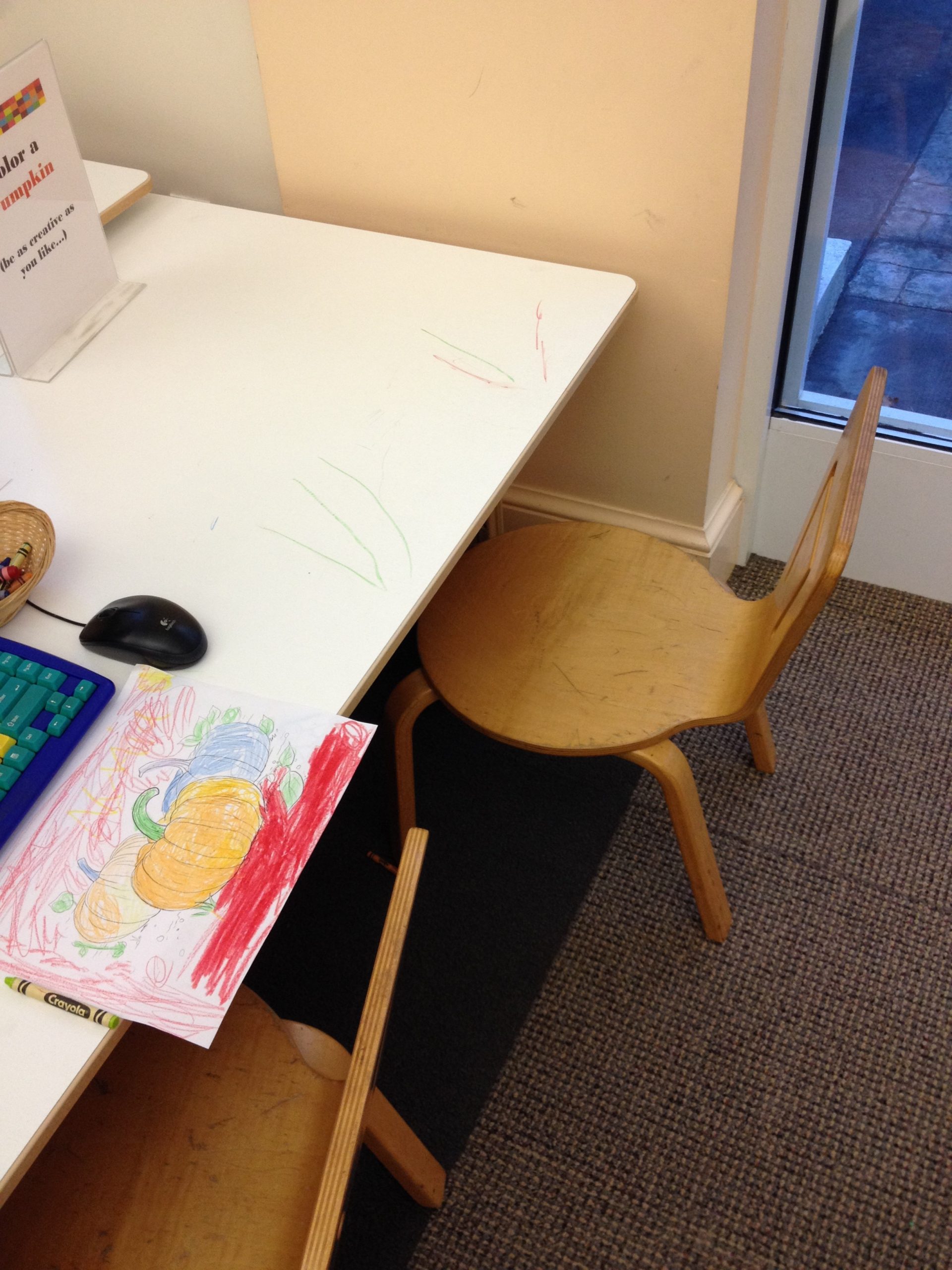In my professional career I have heard many debates about when children should begin writing and how to keep an interest in writing through high school in order for students to enter college on a level playing field. I have witnessed preschool and kindergarten teachers say their children are too young to write sentences, stories, or even begin note booking in science – I disagree. I have heard many elementary, middle school, and high school teachers and students complain about writing. Writing is communicating and the earlier the writing skills are developed, the better.
Writing has several functions:
• it communicates one’s perception of reality,
• it assists in the ability to learn new information,
• allows one to express viewpoints and assess values, and
• is an important part of our daily lives.
It is a difficult skill to learn and master without continuous encouragement and practice.
Beginning in preschool and kindergarten there are many ways to write for interest. It begins with pictures and symbols – not perfectly formed letters, words, or sentences. More than likely the first time a child writes formally is to write his or her name. Many children learn to do this when they are in pre-school at the age of 3. At a very young age, art and early writing skills are one and the same. From the age of 3 to 5 children have had many experiences with letters and print.
To encourage early writing skills combine writing and art using markers, paint, crayons, chalk, or clay. Sit and observe the creativity about to unfold. Remember that it is not about the product; it’s about the process. And writing in the preschool years is messy. Communication is important so ask them to tell you about their picture or if they wrote a story, ask them to read it out loud. If a child scribbles something and then tells you what he wrote, take it seriously. To continue their writing process, let them create a shopping list or a note to a friend. This is how children learn that words are powerful and have meaning. By developing writing skills at an early age you are contributing to a successful academic future.
Language and literacy skills in preschool and kindergarten form the foundation that affects future classroom achievement. Building an understanding of how writing works is important. Studies show that reading and writing are skills that children develop simultaneously. Early reading is supported and improved by early writing. Young children need reading to help them learn about writing, and they need writing to learn about reading. (Rosko, Christie, & Richgels, 2003). It is crucial for children to read and write every day.
Story telling is a precursor to writing and needs to have a beginning, middle, and end – by an ending, I do not mean for them to write ‘The End’ at the conclusion of their narrative. All students should understand that writing surrounds them everywhere they go. Teachers should encourage ways for parents to practice writing at home. If you are a parent you may want to talk to the teacher if your child dislikes writing and copying or has trouble remembering letter shapes.
Writing with elementary and middle school students everyday should be a professional obligation that is woven into all subjects. Practice includes journal or notebook writing, letter writing, publishing newspapers and literary magazines, poems, and narratives.
At home practice should include holiday letters, scrapbooking, personal correspondence to friends and family, notes about family trips and vacations, and thank you letters.
Both teachers and parents should be enthusiastic to the types of writing being completed. Sharing writing is encouraged. Comments should be constructive and respectful to the author. Using these techniques will make students feel confident of their writing both in and out of school.
![]()


